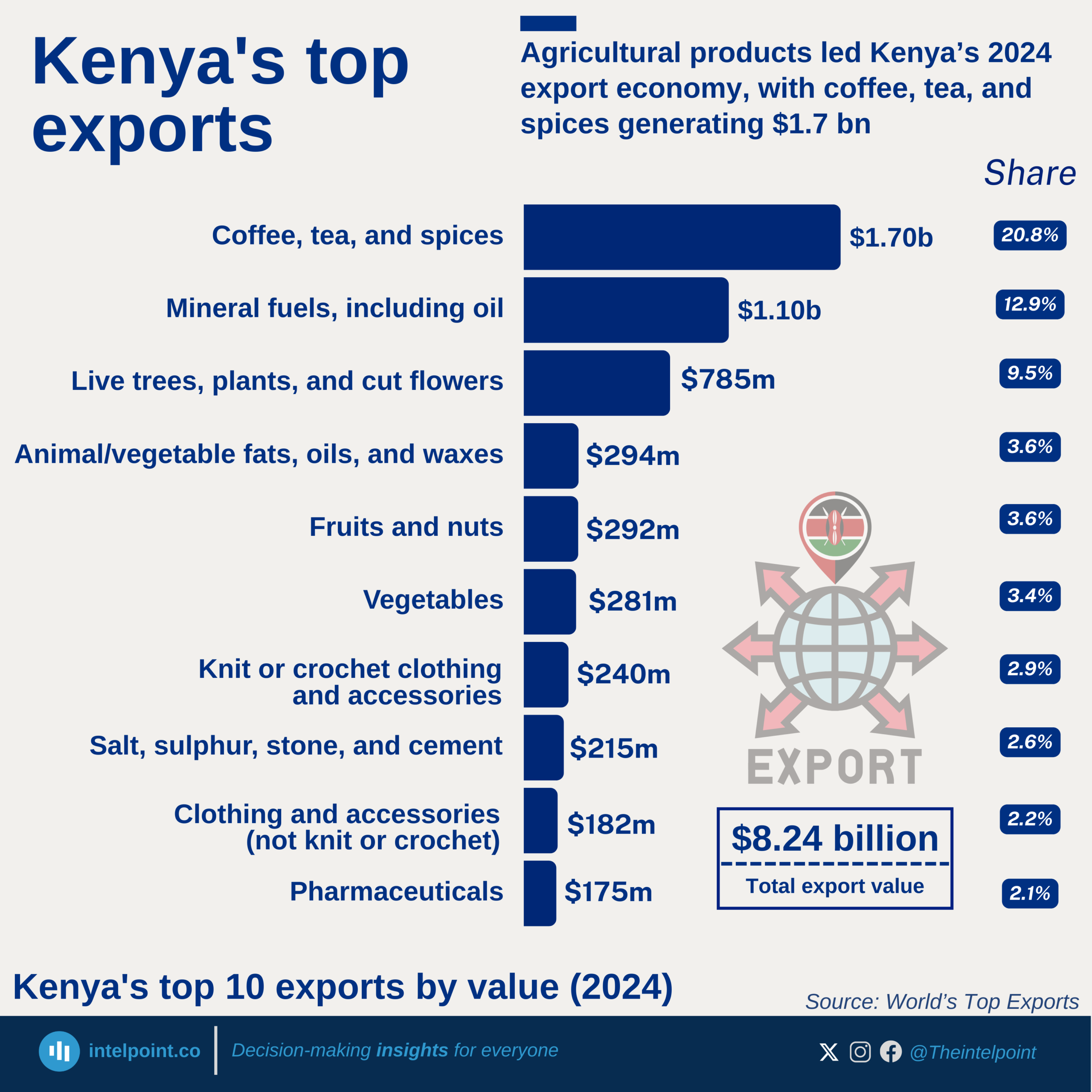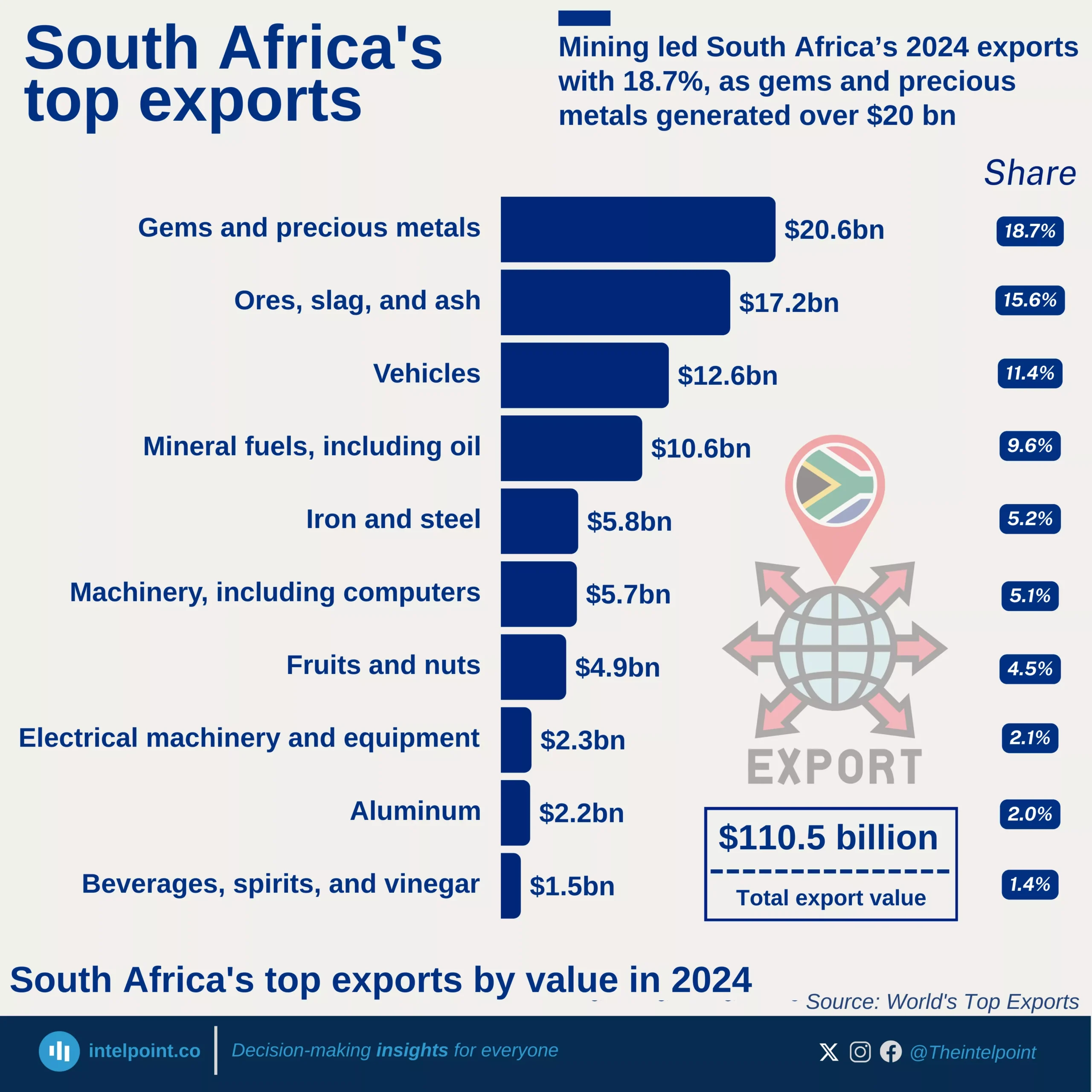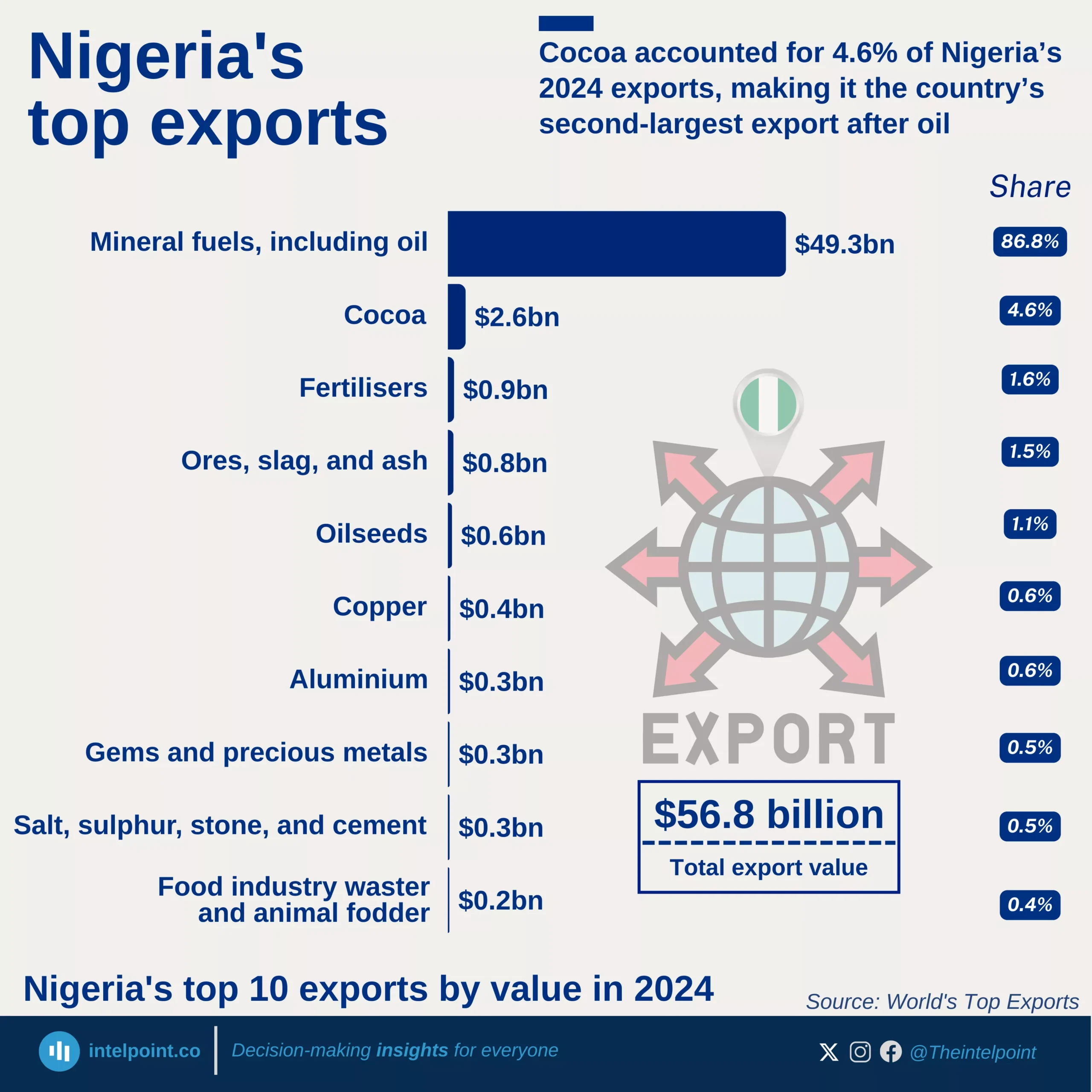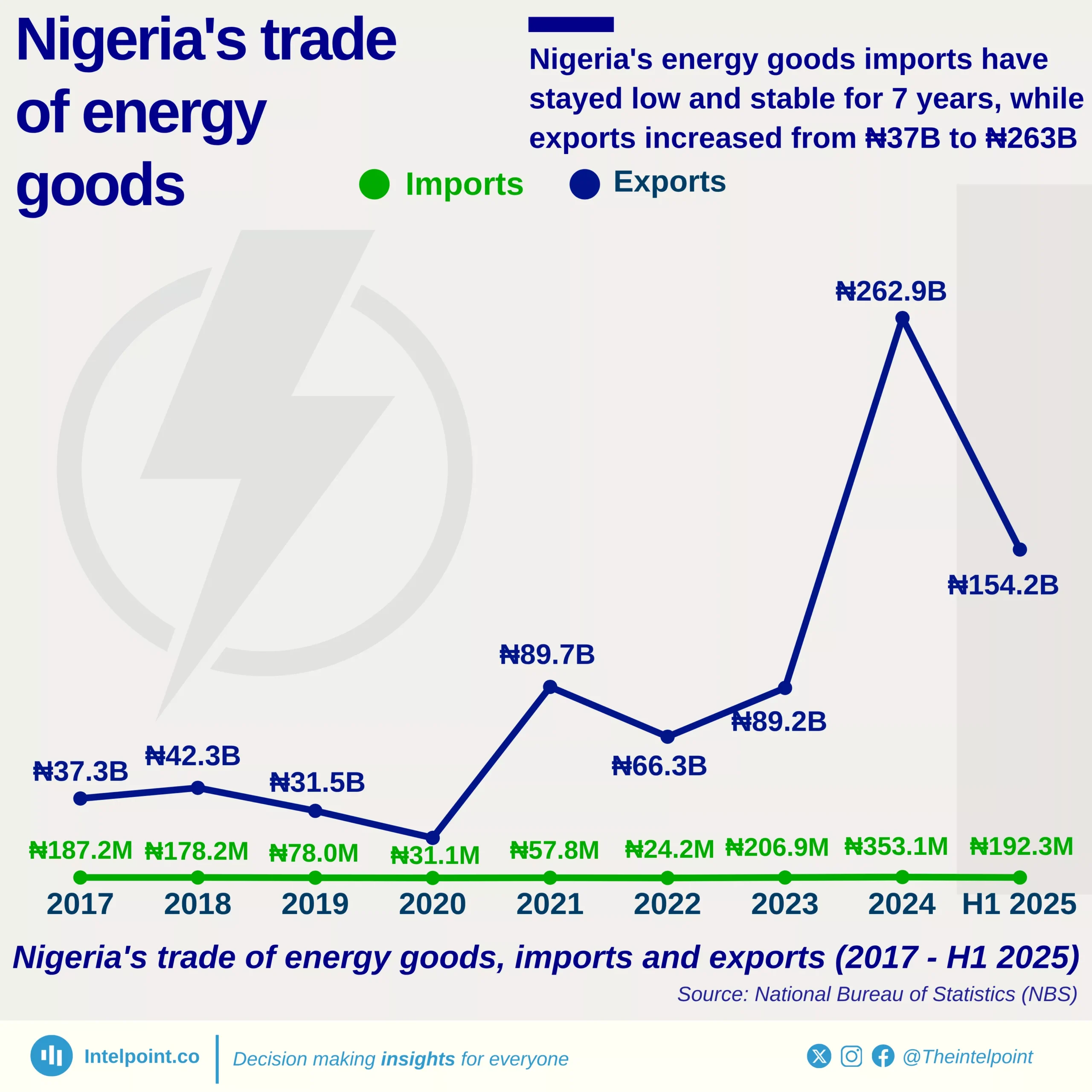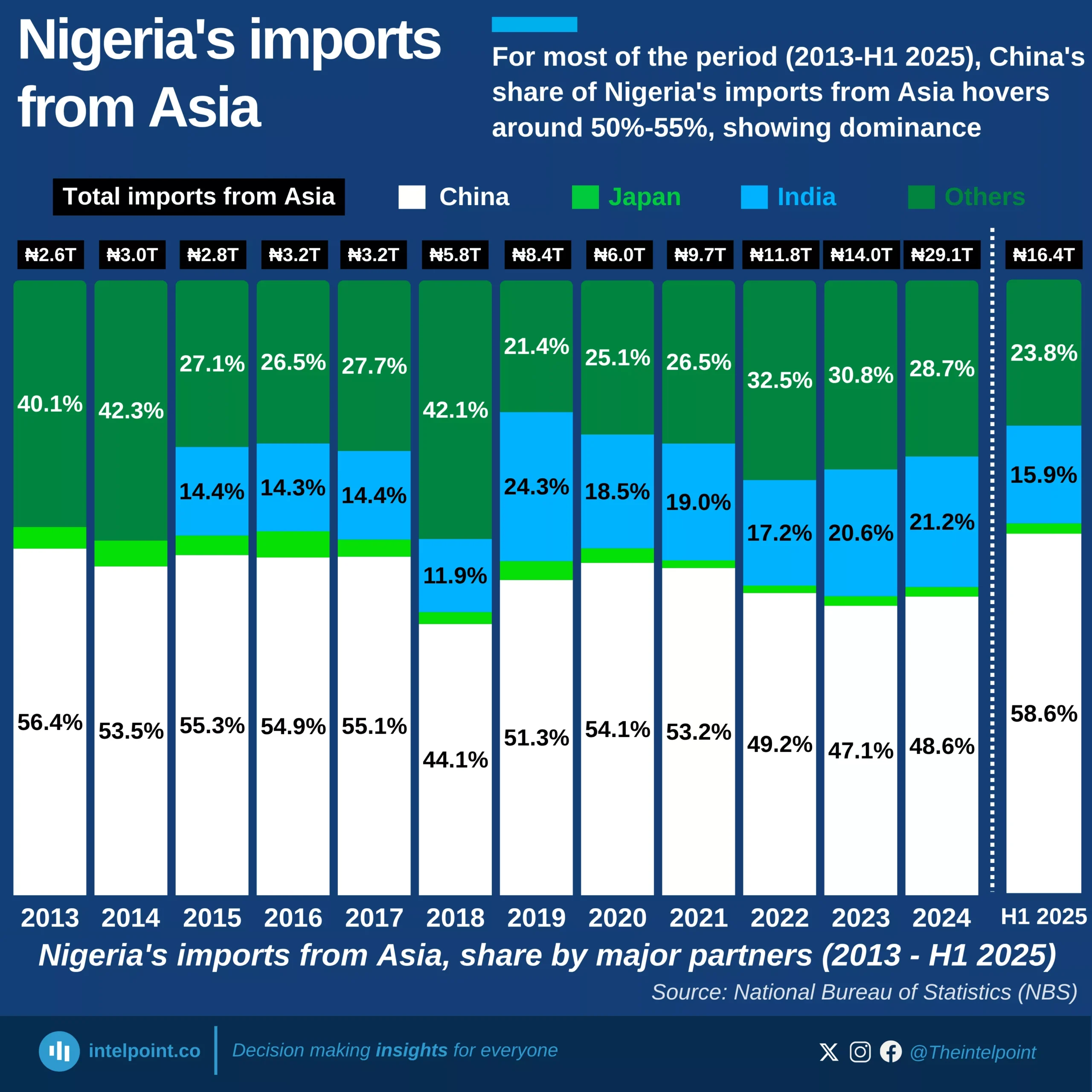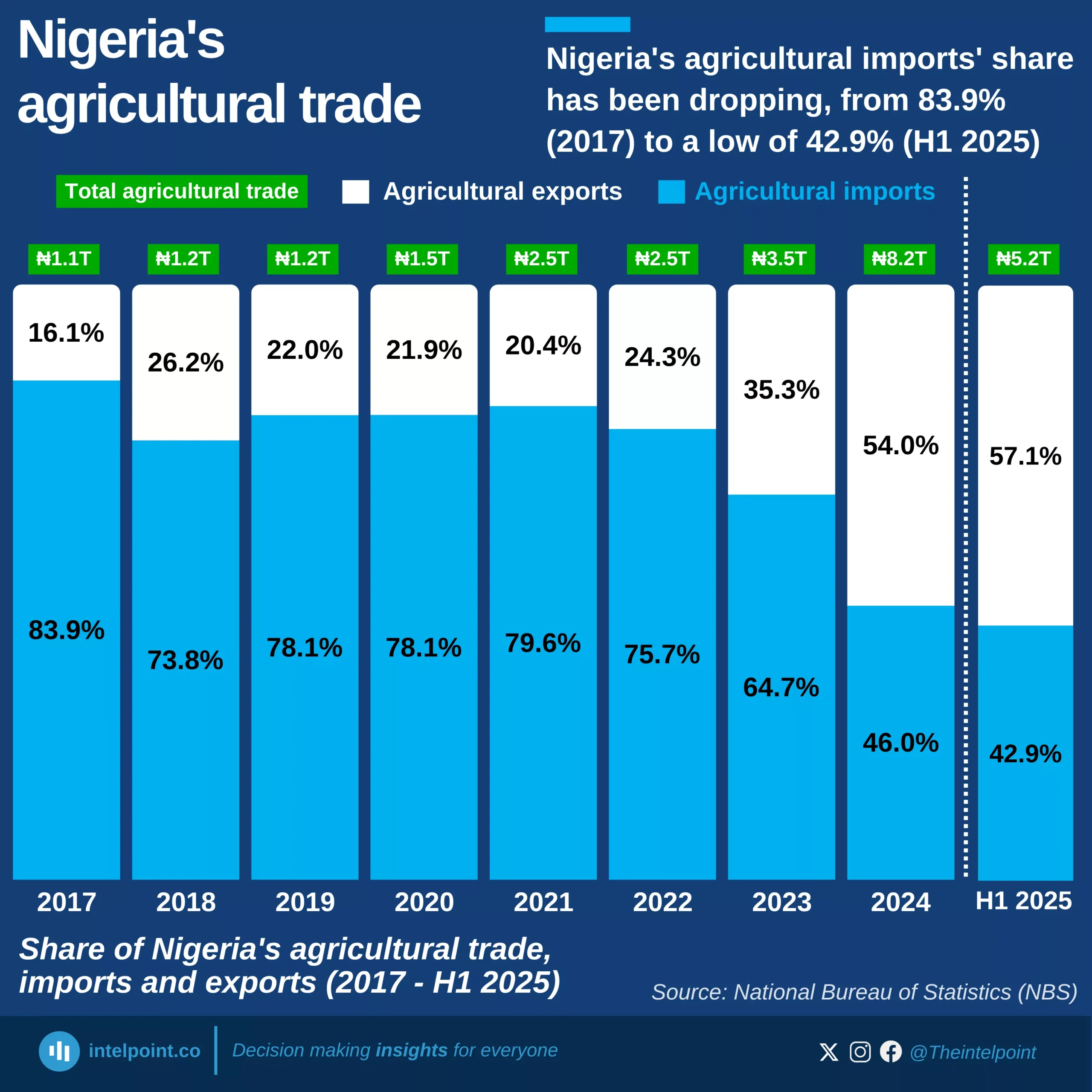The first half of 2024 highlights the dominance of web payment systems in Nigeria, accounting for 52.7% of all transactions by volume and 56.6% by value. With about 11.64 billion transactions and ₦825.5 trillion in value, web payments lead the payment system landscape, solidifying its role as the go-to choice for seamless and efficient transactions. This shows Nigeria’s growing reliance on digital platforms for economic activity, paving the way for a cashless society.
Point-of-sale (POS) terminals and mobile payments also demonstrate strong adoption, contributing 29% and 15.8% of transaction volume, respectively. However, when analysed by value, NEFT (National Electronic Funds Transfer) ranks second, holding 21.5% of the total transaction value, indicating its preferability for high-value transactions.
